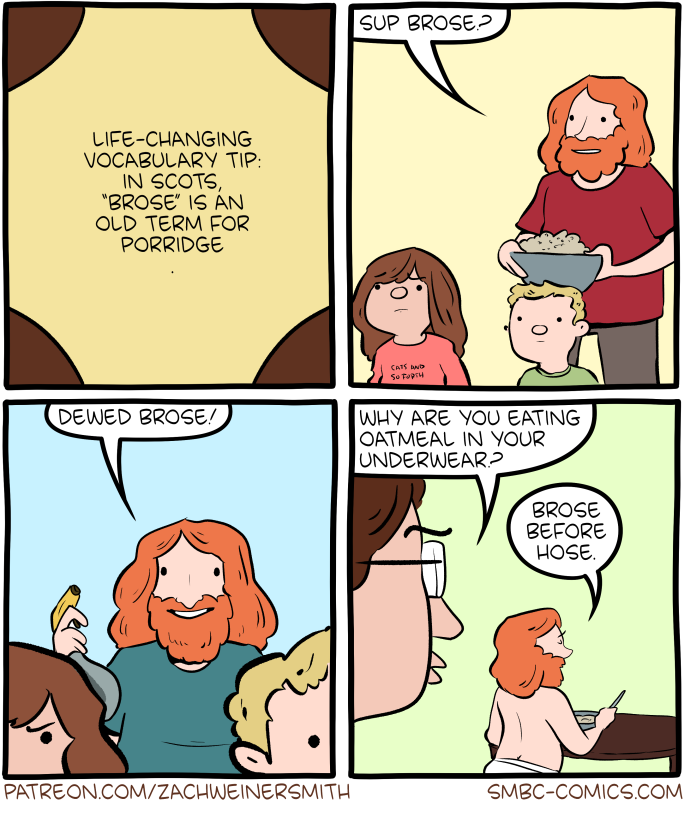English rendition of Dream of the Red Chamber by Chinese translators
[This is a guest post by William Jinbo WANG (王金波), associate professor of English and translation studies at Shanghai Jiao Tong University]
Over the past 22 years I have been researching the translation of classical Chinese novels, with concentration on The Dream of the Red Chamber (also known as The Story of the Stone; 18th-century) in the English- and German-speaking worlds. I have published more than a dozen research articles about the translation of the novel and received several research grants concerning the novel from various provincial and national grant-giving bodies.
Read the rest of this entry »
